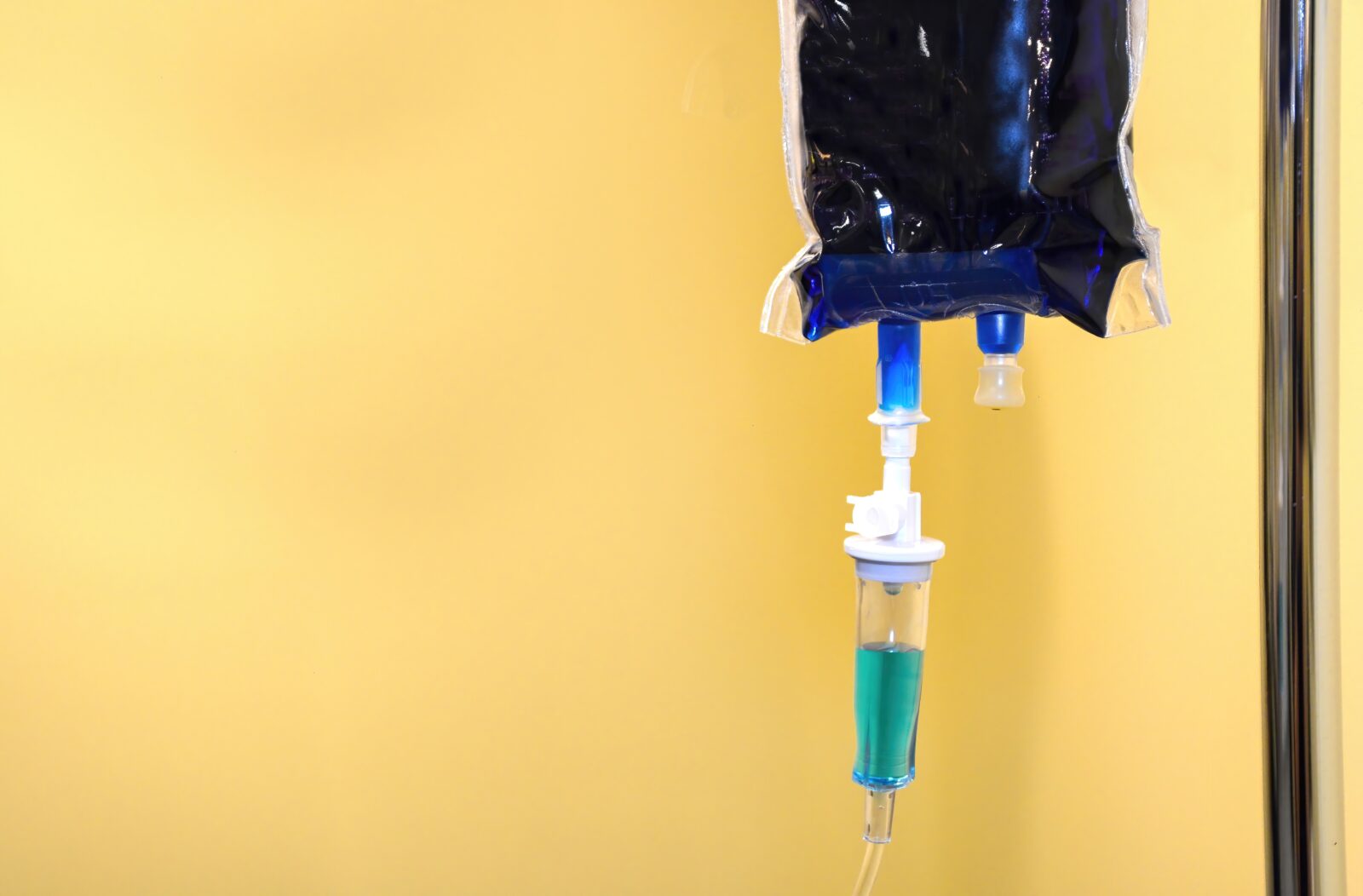By Dr. Brad DeBeer, Axon Integrative Health
Fatigue is common—but chronic fatigue is different. It’s more than just feeling tired. It’s a debilitating, persistent exhaustion that doesn’t improve with rest and often feels like your body is running on empty. At Axon Integrative Health, we see chronic fatigue not as a diagnosis, but as a symptom—a signal that multiple systems in the body and brain are struggling to function efficiently and cohesively.
Let’s explore what’s really behind chronic fatigue—and why a comprehensive approach is essential for true recovery.
Gut Health: Where Fatigue Often Begins
Your gut is more than a digestion machine—it’s the gateway to nutrient absorption, immune regulation, neurotransmitter production, and even mitochondrial performance.
When gut health is impaired—through infections, dysbiosis, leaky gut, or inflammation—several things can go wrong:
- Nutrients like B12, iron, and magnesium may not be absorbed properly, leaving your cells starved for raw energy materials.
- The gut-brain axis may send inflammatory or stress signals up to the brain, worsening fatigue, brain fog, and mood.
- Serotonin and dopamine production may be disrupted, leading to mental and emotional burnout.
Brain Connections & Brainwaves: The Neurological Side of Fatigue
- Brainwave activity (via qEEG) to understand if your brain is stuck in slow-wave dominance (common in chronic fatigue, depression, and brain fog).
- Cortical connections and autonomic regulation, which help determine if your brain is wired for rest or stuck in sympathetic overdrive.
Neurotransmitter Balance: Fueling Mental and Physical Energy
- Dopamine governs motivation, focus, and drive.
- Norepinephrine helps with alertness and energy.
- GABA and serotonin affect sleep quality and mental restoration.
Mitochondria & Cellular Energy: The Core of Chronic Fatigue
Mitochondria are your cells’ power plants. When they’re sluggish due to inflammation, oxidative stress, environmental toxins, or chronic infections (like Lyme or mold), your whole system suffers.
We often see:
- Fatigue that worsens after exertion (post-exertional malaise)
- Muscle pain or weakness
- Brain fog that worsens through the day
- IV therapy (ALA, NAD+, PC)
- Targeted oral nutrients (CoQ10, carnitine, PQQ)
- Red light therapy and oxygen-based recovery protocols
Blood Flow & Oxygenation: Circulation Matters
Your brain and muscles need oxygen to produce energy. If circulation is impaired—whether due to autonomic dysfunction (like POTS), vascular inflammation, or poor endothelial health—fatigue is inevitable.
Our therapies aim to restore optimal circulation through:
- HBOT (hyperbaric oxygen therapy)
- PEMF (pulsed electromagnetic field therapy)
- Vagal nerve activation and cardiovascular retraining
Hormones: The Hidden Drivers of Fatigue
ormones like cortisol, thyroid hormones, DHEA, estrogen, and testosterone regulate how your body uses energy, recovers, and handles stress. Fatigue is often one of the first signs that these systems are out of balance.
At Axon, we evaluate hormonal function with advanced lab panels and tie the results back to your symptoms—not just your lab numbers.
Immune & Inflammatory Control: Chronic Fatigue’s Immune Link
- Chronic low-grade infections
- Mold illness or chronic inflammatory response syndrome (CIRS)
- Post-viral syndromes like Long COVID
- Autoimmune conditions or stealth pathogens
The Axon Approach: Whole-System Recovery
There is no “one pill” for chronic fatigue. But there is a path forward.
At Axon, we combine:
- Functional neurological rehab
- Gut and immune system restoration
- Mitochondrial and cellular support
- Brain retraining and mental clarity
- Hormonal balance and lifestyle upgrades





